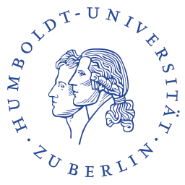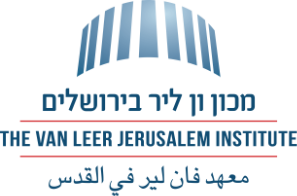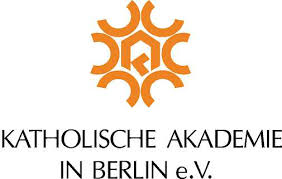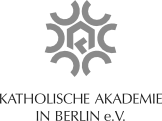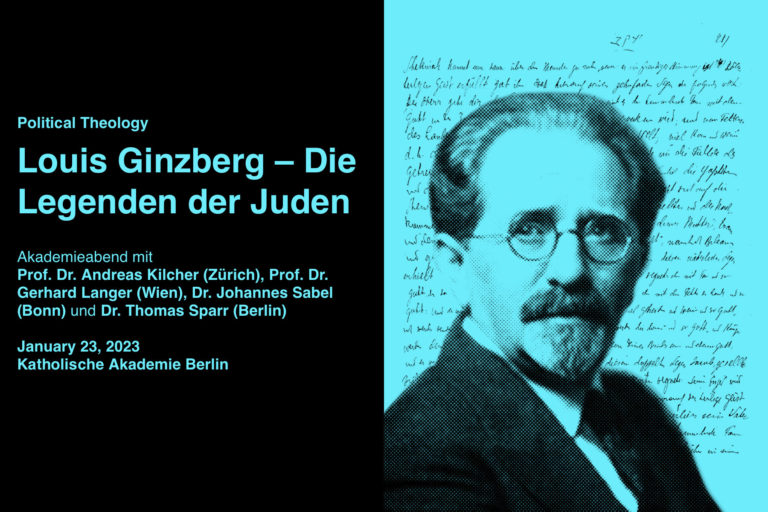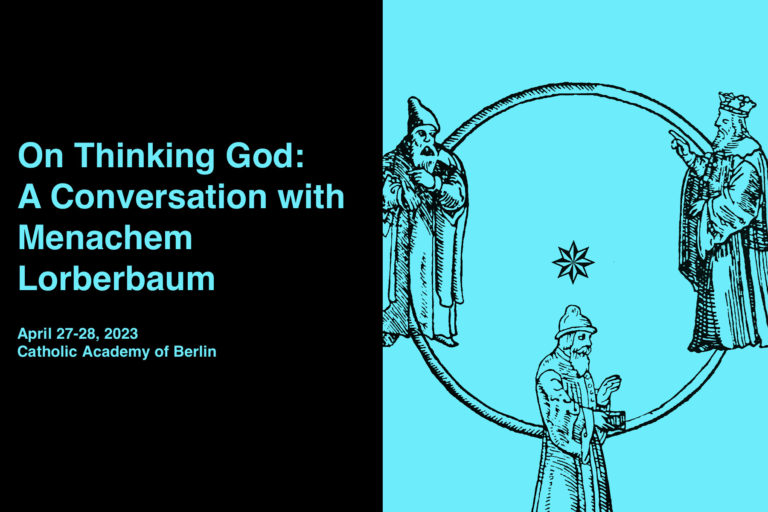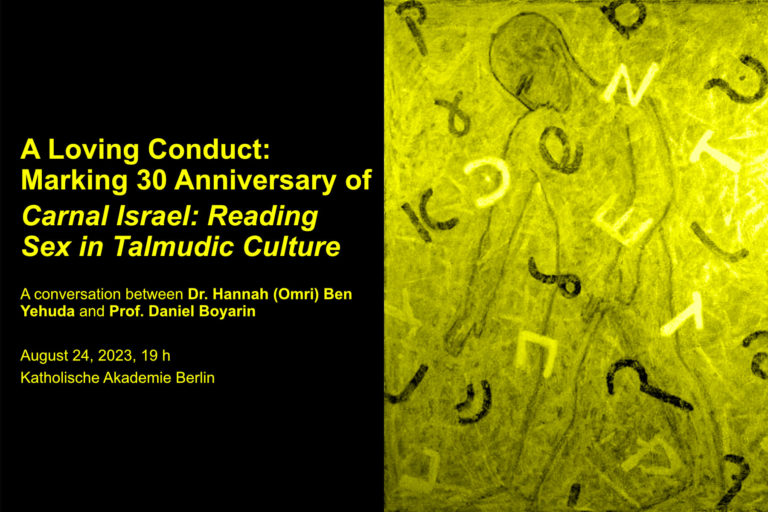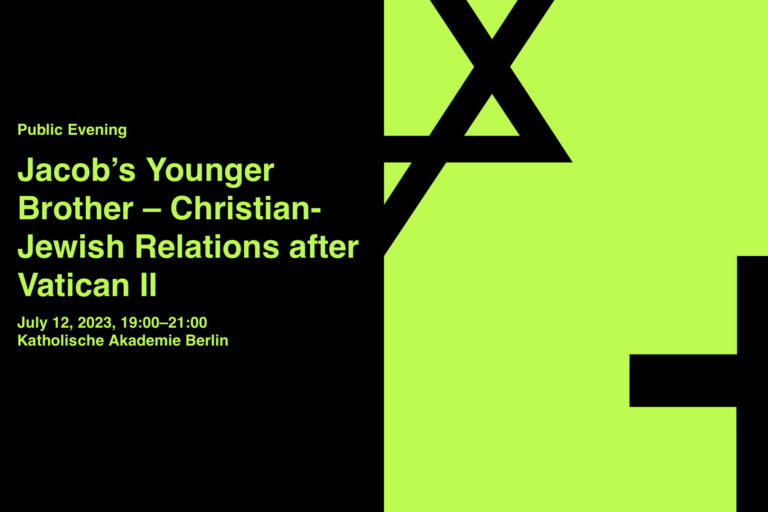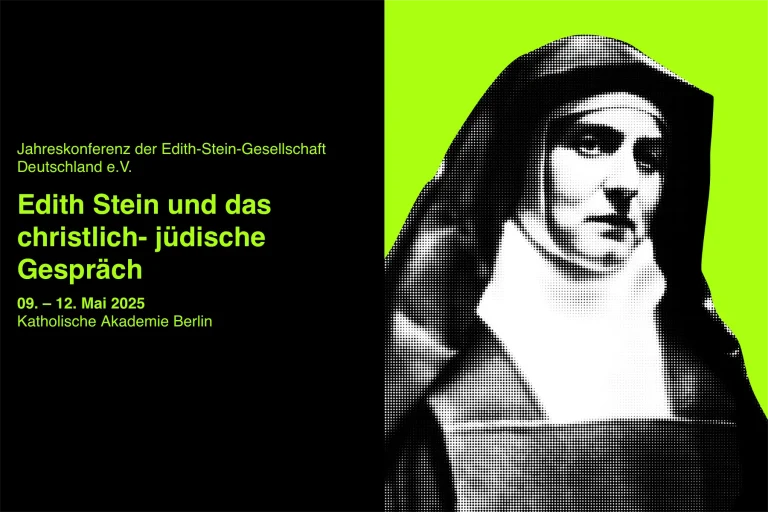Political Theology in Jewish
and Christian Contexts:
Reception Histories and Controversies
with Carl Schmitt
The conference is cosponsored by the Deutsche Forschungsgemeinschaft (DFG)
Berlin, July 18–20, 2022
Bildnachweis: Carl Schmitt als Student im Jahre 1912 Quelle: Aus Paul Noack, Carl Schmitt, 1993 / wikipedia.de
Political Theology in Jewish an Christian Contexts: Reception Histories and Controversies with Carl Schmitt
Carl Schmitt’s Political Theology, written in 1922, is present in almost every discussion on the place of the theological within the politics of our secularized societies. Despite Jürgen Habermas’ admonition that studying Schmitt is merely a gateway drug to the dream of a strong state, Schmittian thought continues to heavily influence contemporary discourses, on the left as much as on the right. Whether one agrees with Schmitt’s thesis or not, Political Theology became a paradigm through which some of the most urgent challenges of our age are approached. It is often through the Schmittian prism that contemporary thinkers account for populism and states of emergency, understand the present crisis of liberalism, and revisit the complex relations between modernity and religious traditions.
The 100th anniversary of Schmitt’s influential work is an opportunity to inquire into the genealogy of Political Theology, and trace its diverse and at times conflictual applications in answering these urgent questions. The starting point of our inquiry is Schmitt’s famous statement that “all significant concepts of the modern theory of the state are secularized theological concepts”. This contested dictum—far from covering the range of meanings attributed to political theology even for Schmitt himself—became an impetus for heated debates between religious and secularists, both in Schmitt’s own time and in later phases of his reception. Is there indeed a theological remainder that can never be forced out of modern consciousness? Or, rather, the modern is a break from theology, a new path, which does not depend on theology for its legitimacy and sustenance? Is secular modernity a continuation of Christianity, perhaps even the Christian tradition’s best and ripest fruit, or rather, it is a heresy, a twisted digression from orthodox doctrine? And what room is left within the interplay of theology and politics in Western civilization to non-Christian traditions, to their theologies, and to their politics? Is every use of Schmitt’s paradigm doomed to end up as Schmitt himself, that is, as a Nazi, a totalitarian, an anti-Semite?
The conference will trace the entanglement of these debates from the time of the work’s publication in the Interwar period to present debates occurring in different cultural and political contexts. More specifically, it will explore Schmitt’s reception within Christian and Jewish circles, taking into account how political theology and the “secular” are perceived precisely from their respective theological perspectives. The attempt is not to embrace Schmitt, whose anti-Semitism and notorious involvement with the Nazi regime continue to shadow his thought, but rather to think political theology in its variety. We will trace the various religious uses of political theology, whether they serve to anchor the political sphere in concrete religious legitimacy, to criticize politics in the name of theology, or to denote a form of secular theology, positing the political at its doctrinal core. Moreover, we will explore the critical function of political theology not only in conflicts between religious traditions and secularism, but also in frictions between competing religious traditions.
Livestream on YouTube
Christoph Schmidt: The Jewish Reception of Carl Schmitt’s Political Theology
John Milbank/Vivian Liska: Political Theology and Inter-Cultural Conflicts
Leora Batnitzky/Christian Polke: Schmitt’s Political Theology in Christian & Jewish Debates
Organizers
Institut Kirche und Judentum, HU Berlin
Political Theology Network, Philadelphia
The Van Leer Jerusalem Institute
Katholische Akademie in Berlin
The conference is cosponsored by the
Deutsche Forschungsgemeinschaft (DFG)
The conference will work around three main topics:
The Jewish Reception of Carl Schmitt’s Political Theology
Jewish thought has encountered Political Theology with a combination of enthusiasm and suspicion. Surprisingly, Schmitt’s work has been translated into Hebrew only in 2002. Yet different Jewish thinkers in Schmitt’s interwar Weimar surrounding, such as Walter Benjamin, Leo Strauss, Hans Kelsen, Martin Buber, Isaac Breuer, and Karl Löwith, have almost immediately reacted to Political Theology, and they did so in conflicting ways. The concept of political theology has been applied since then, by scholars and intellectuals, in analyzing different forms of Jewish politics in and beyond modernity. The role of Political Theology has been especially intriguing in the State of Israel, where politics of liberalism, secularism, clericalism, and messianism often merge. This reception history within Jewish milieus, however, was burdened by the shadow of Schmitt’s Antisemitism from its outset.
Schmitt’s Political Theology in Christian Debates
Schmitt’s version of Catholic authoritarianism—mobilized to promote his concept of “non-normative decisionism”, was contested by other Christian positions, who sometimes took aspects of Schmitt’s arguments precisely to turn his own thesis against him. From the early Erik Peterson and Waldemar Gurian to the later John Milbank and Benedict XVI, Christian thinkers often thought with Schmitt against Schmitt, presenting Christian political theology as a critical and criticizing voice that is able both to reveal the theological structures underlying the seemingly secular order, and to offer alternative theological analogies which may pave another, more moral way, into modernity.
Inter-Cultural Conflicts and the Legacy of Political Theology
Political Theology does not reveal only conflicts between the secular and the religious or within the religious and the secular separately; it also makes visible both frictions and overlaps between competing religious and cultural traditions. Along with the comparative perspective on both Jewish and Christian forms of political theology, the conference will also address, on the one hand, conflicts and discrepancies between these distinct discourses, and, on the other hand, political theological exchanges and intertextualities. Political theology often unites Jewish and Christian communities against a political enemy, be it secular liberalism or Islam. What, then, is the correspondence between political theology and the “Judeo-Christian civilization”? Does political theology create constellations of thought which transcend confessional boundaries? Can Political Theology offer a new ground for inter-religious relations, which go beyond the traits associated with the concept of “dialogue,” such as neutral public sphere and mutual acceptance? Or, alternatively, does Political Theology simply renew the old enmity between intellectual traditions? Are theologians still obliged today to “remain silent within foreign walls” of secularized politics (as Schmitt advised)?
Schedule
Monday, July 18, 2022
The Jewish Reception of Carl Schmitt’s Political Theology
11:15 am Greetings: Karma Ben Johanan (Humboldt University of Berlin)
11:30 am
Julie Cooper (Tel Aviv University) The Jewish Philosopher Spinoza? Jewish Rejoinders to Schmitt’s Critique of Spinoza’s Liberalism
Martin Kavka (Florida State University) Spinoza’s Christian Enemies: On Jewish-Christian Relations A Century after Schmitt’s Political Theology
Chair: Amit Varshizky (University of Jena)
1:00 pm Lunch
2:00 pm
Elettra Stimilli (Sapienza University of Rome) The Enigma of the Leviathan and “The First Liberal Jew”: Thomas Hobbes between Carl Schmitt and Jacob Taubes
Adi Ophir (Brown University) The Rule of God – What Could Schmitt Have Learned from a Foucauldian Reading of the Hebrew Bible?
Chair: Gilad Shenhav (University of Potsdam)
3:30 pm Coffee break
4:00 pm
Itamar Ben Ami (Humboldt University of Berlin) The Jewish Reception of Carl Schmitt
Yemima Hadad (University of Leipzig) Friends and Foes: Martin Buber Reading Carl Schmitt
Assaf Tamari (The Van Leer Jerusalem Institute) The Political Theology of the Concept: Language and the Neutralization of Politics
Chair: Yael Atia (University of Potsdam)
7:30 pm Evening Lectures
Christoph Schmidt (Hebrew University of Jerusalem) Carl Schmitt and the Dialectics of Theology and Secularisation – or: the Two Bodies of the Subject
Agata Bielik-Robson (University of Nottingham) Carl Schmitt’s Cryptotheologies
Chair: Karma Ben Johanan (Humboldt University of Berlin)
Location: Senatssaal, Humboldt Universität zu Berlin, Unter den Linden 6, 10117 Berlin
Livestream on Youtube
Tuesday, July 19, 2022
Schmitt’s Political Theology in Christian Debates
9:30 am
Brandy Daniels (University of Portland) How (not) to Do Political Theology? Building on, and Imagining Beyond, Schmitt’s Legacy
Georg Essen (Humboldt University of Berlin) Political Theology” as an Impact for Catholicism
Chair: Sandra Lehmann (University of Vienna)
11:00 am Coffee break
11:30 am
Alexandra Kemmerer (Max Planck Institute for Comparative Public Law and International Law) Schmitt – Böckenförde – Ridder: Political Theology in Postwar West German Left Catholicism with and against Carl Schmitt
Thomas Meyer (Ludwig Maximilian University of Munich) The Silence of Political Theology: On Waldemar Gurian, Hannah Arendt and Carl Schmitt
Chair: Benedikt Skorzenski (Humboldt University of Berlin)
1:00 pm Lunch
2:00 pm Parallel Reading Groups
Tine Stein (University of Göttingen) Böckenfördes Contribution to Political Theology
Menachem Lorberbaum (Tel Aviv University) The Biblical Creation of the Political
3:30 pm Coffee break
4:00 pm
Wolfgang Palaver (University of Innsbruck) Carl Schmitt’s Heathen-Christian Political Theology Between the Sacred and the Holy
Marcia Pally (New York University & Humboldt University of Berlin) Could Schmitt Have Gotten Human Nature Wrong? A View from Evolutionary Biology
Luca Di Blasi (University of Bern) Political Theology of Sin
Chair: Ana Petrache (Pontificia Università San Tommaso d’Aquino in Urbe)
5:30 pm Supper
7:30 pm Evening Lectures
Christian Polke (University of Göttingen) In the Long Shadow of Carl Schmitt: Protestant Theology and the Drama of the German Past
Leora Batnitzky (Princeton University) The Absence of Redemption: Galut, Martyrdom, and Deferment in Twentieth-Century Jewish Political Theology
Chair: Stephan Steiner (Katholische Akademie Berlin)
Location: Senatssaal, Humboldt Universität zu Berlin, Unter den Linden 6, 10117 Berlin
Livestream on Youtube
Wednesday, July 20, 2022
Political Theology and Inter-Cultural Conflicts
9:30 am
Shai Lavi (Tel Aviv University & The Van Leer Jerusalem Institute) Schmitt in Jerusalem: Temple Mount as a State of Exception to Sovereignty
Reut Paz (University of Gießen) Religious Images behind die Vereinigung der Deutschen Staatsrechtslehrer: Kaufmann vs. Smend vs. Schmitt vs. Nawiasky vs. Kelsen
Chair: Itamar Ben Ami (Humboldt University of Berlin)
11:00 am Coffee break
11:30 am
Zahiye Kundos (Forum transregionale Studien Berlin) Wait! Muslims are here, let’s see what they have to say about Islam and politics
Ido Harari (The Van Leer Jerusalem Institute) Anti-Leviathan: Jewish and Muslim Theo-Politics between Issac Breuer, Muhammad Asad and Carl Schmitt
Chair: Omri (Hannah) Ben Yehuda (Forum transregionale Studien Berlin)
1:00 pm Lunch
2:00 pm
Yochi Fisher (The Van Leer Jerusalem Institute) Political Theological Reflections on Museums in the 21st Century
Nitzan Lebovic (Lehigh University) Political Theology in the Age of the Anthropocene
Elad Lapidot (University of Lille) Schmitt’s Wars
Chair: Vanessa Rau (Max-Planck-Institute for the Study of Religious and Ethnic Diversity, Göttingen)
6:00 pm Evening Lectures
John Milbank (University of Nottingham) From Schmitt to Agamben: The Theme of Divine Government
Vivian Liska (University of Antwerp & Hebrew University of Jerusalem) German-Jewish Critical Modernists vs. Carl Schmitt
Chair: Shai Lavi (Tel Aviv University & The Van Leer Jerusalem Institute)
Location: Tieranatomisches Theater, Philippstraße 13, 10115 Berlin
Livestream on Youtube
8:00 pm Joint dinner for the conference participants






